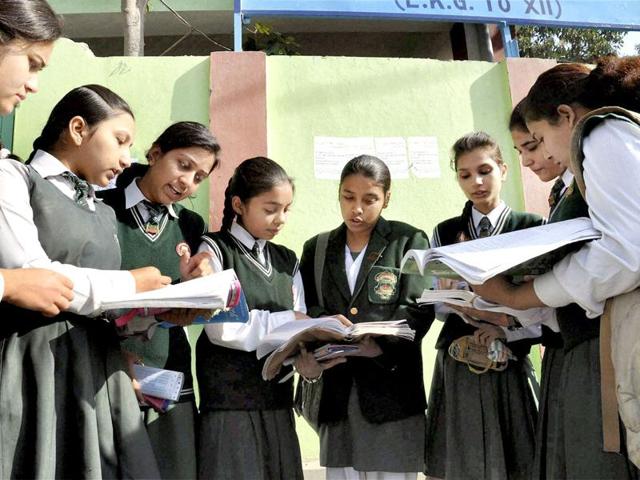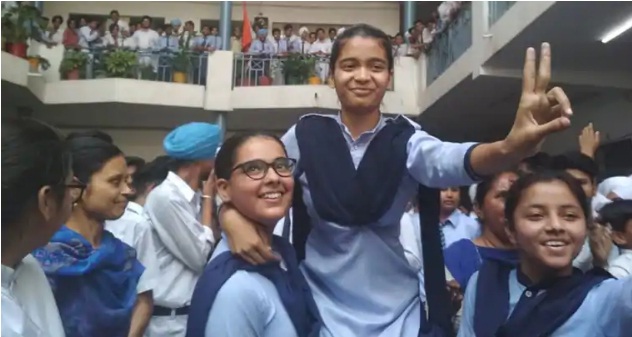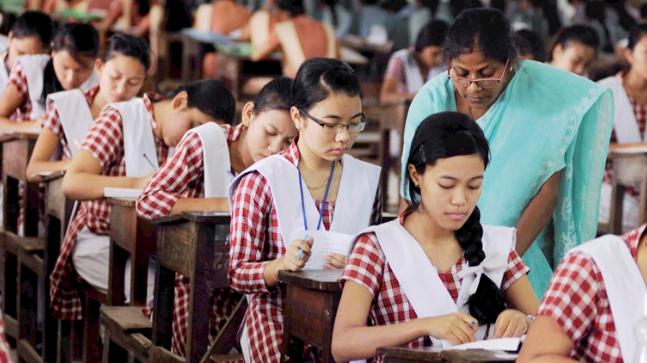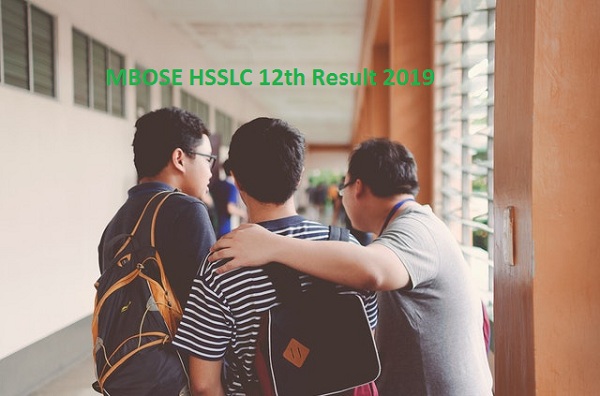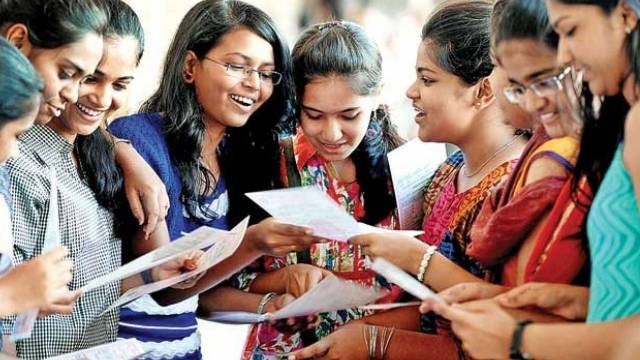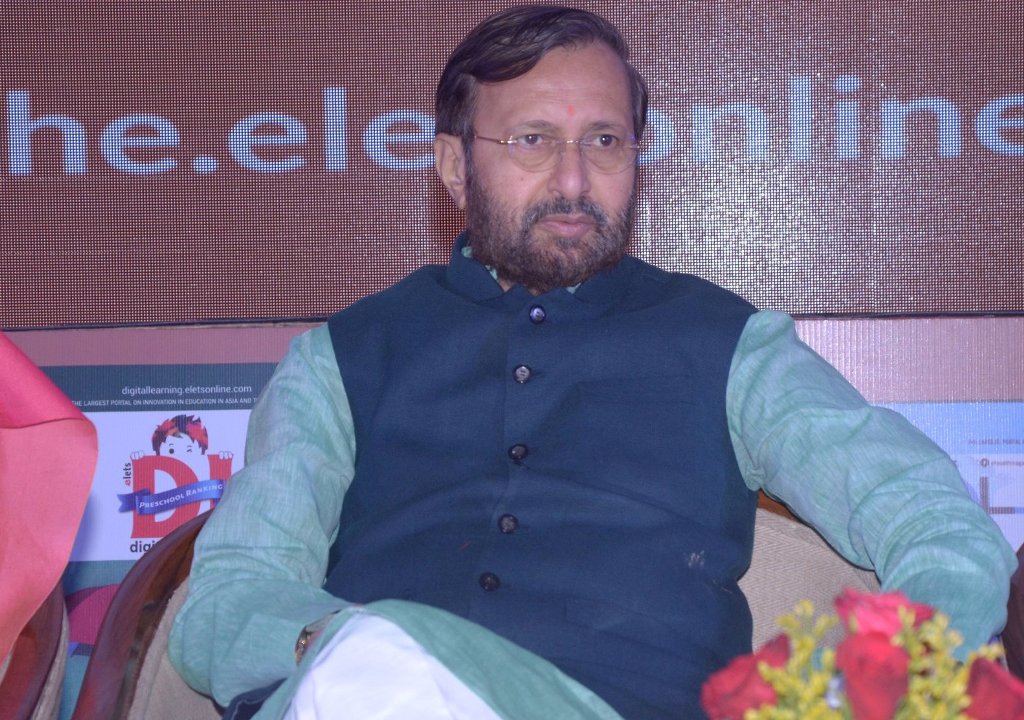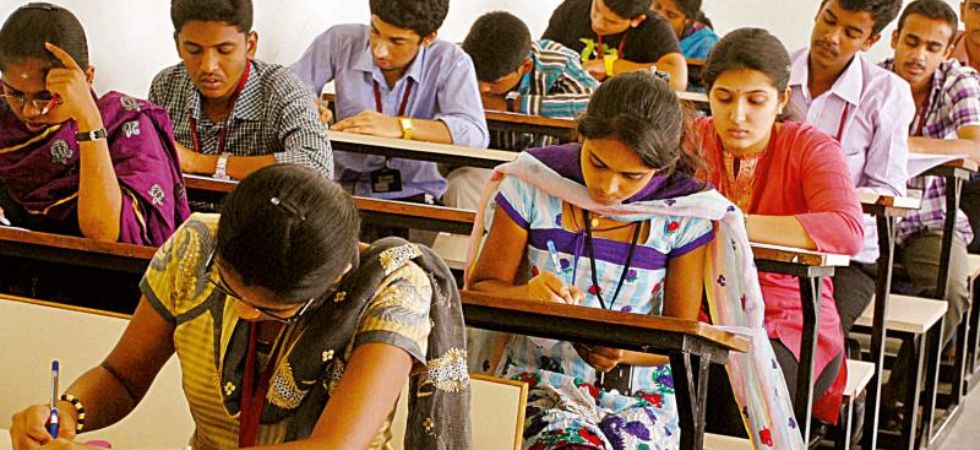The Central Board of Secondary Education (CBSE) is set to begin the re-evaluation, verification and rechecking for CBSE Class 10 Exam Results from May 10, 2019.
The board had declared the results for Class 10 examination on May 06 in which nearly 18 lakh candidates appeared. 91.10% students were successfully passed.
Students who are not satisfied with their marks can apply for the CBSE rechecking or revaluation. Applicants are advised to visit CBSE’s official website to know the status of verification request.
Candidates can apply online for the verification of marks from by paying a processing fee of Rs 500. The window is open from May 10 to May 15 (before 5 PM) for the same.
On the other hand, for re-evaluation, students can apply between May 31 and June 1 (before 5 PM) by paying a processing fee of Rs 100. Notably, request for re-evaluation will be accepted only for the theory portion.
Apart from this, a processing fee of Rs 500 is applicable for students who wish to obtain a photocopy of their answer sheets. They can apply for the same between May 27 and 28.
However, only those candidates who will apply for verification of Marks Online will be eligible to apply for obtaining photocopy of answer book(s) in that/those subject(s).
In case of change in marks, the students will have to submit the answer book and the revised version will be issued to them later.
“In cases where there is change in marks (increase or decrease), such candidates shall have to surrender the mark sheet which is in their possession. Thereafter, they shall be issued a new Mark sheet,” reads an official notification issued by CBSE.
CBSE will upload the status of revaluation on the website post which a formal letter will be issued by speed post. Post that no appeal or review against the re-evaluation would be entertained by the board.







